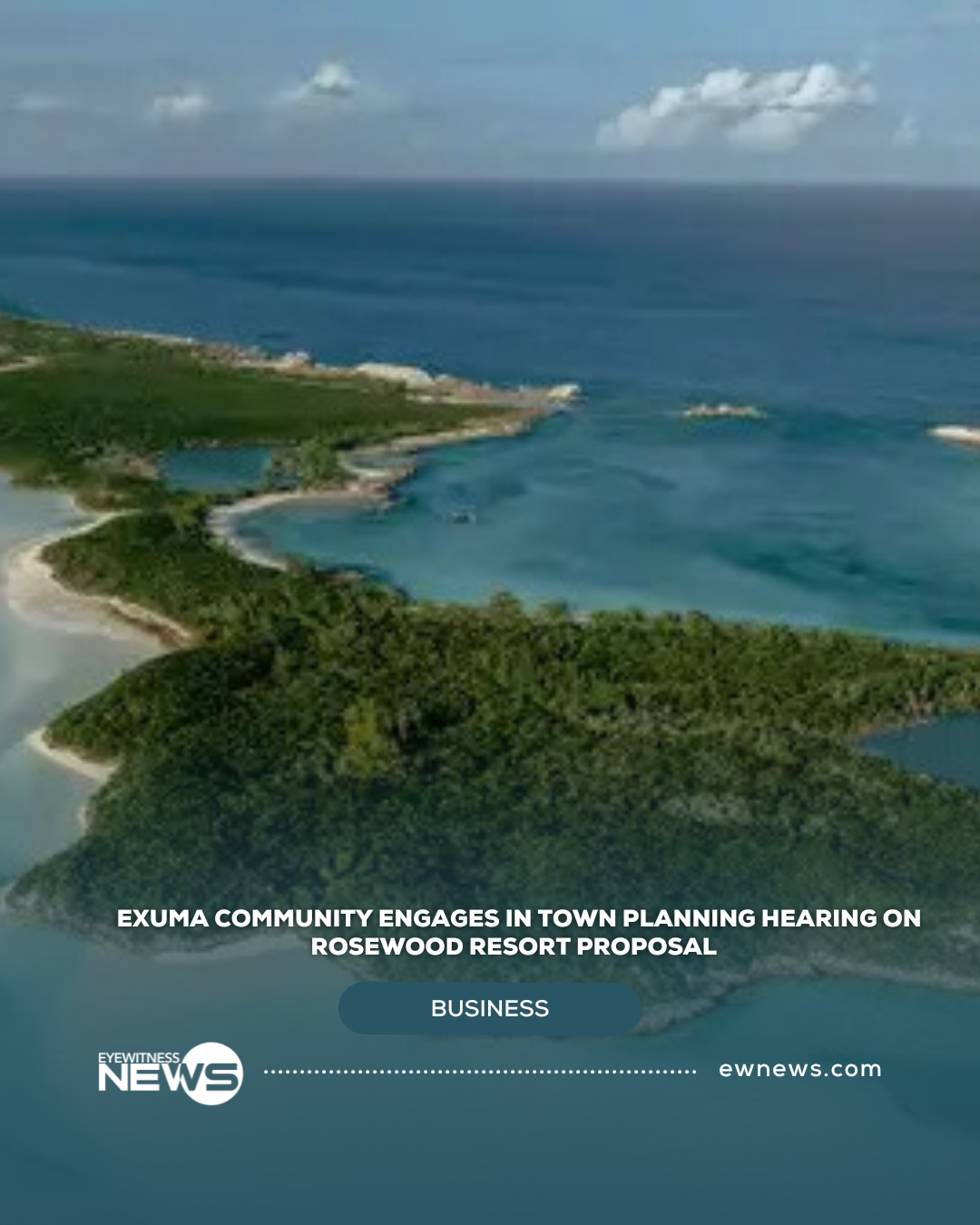NASSAU, BAHAMAS — Prime Minister Philip Brave Davis yesterday deemed this nation’s participation in COP26 a success, noting that it “put us on the map as never before”.
The climate change summit was held in Glasgow, Scotland, from October 28, 2021, to November 14, 2021.
Davis, who was delivering a presentation to Parliament yesterday on The Bahamas’ participation in COP26, noted: “It is no exaggeration to say that our participation greatly enhanced the profile of The Bahamas, and the increased attention from the international media and other world leaders shows the wisdom of our decision to participate.”
In the past, The Bahamas was on the outside looking in. While rules were being developed and innovative climate finance funds were being accessed, we were not benefitting fully from these activities.
– Prime Minister Philip Brave Davis
Davis noted that during COP26, The Bahamas significantly stepped up its representation on various UN Climate Change committees.
“In the past, The Bahamas was on the outside looking in. While rules were being developed and innovative climate finance funds were being accessed, we were not benefitting fully from these activities,” said Davis.
He noted that in Article 6.4, dealing with carbon markets, Bahamian Charles Hamilton was elected to serve as the Caribbean and Latin America’s representative; and on the Kyoto Protocol Compliance Committee’s Facilitative Branch, Bahamian Dr Lisa Benjamin was elected to serve as the Caribbean and Latin America’s representative.
“These two Bahamians will ensure that mitigation issues of importance to The Bahamas remain on the table and are actioned through proposed global finance and programmes,” the prime minister said.
According to the prime minister, as a result of our participation at COP26, The Bahamas also drew international attention to the impacts of Hurricane Dorian, including its effect on our gross domestic product (GDP).
“For years, we have advocated that GDP was not an accurate indicator of a country’s unique vulnerabilities or economic stability,” Davis said.
“I made the point back in September when I addressed the UN’s General Assembly and did so again in Glasgow.
“Every country’s economy is vulnerable to environmental shocks. In recent years, our annual hurricane season has demonstrated the extent of that vulnerability.

“However, Hurricane Dorian — unprecedented in its size, duration and ferocity — showed how these single events could completely cripple our country.
“Against this backdrop, the use of GDP to determine the level of financial assistance offered to our country is not reasonable.
“Therefore, our delegation consistently made interventions throughout COP26 that drew attention to this stark reality.”
Davis further noted that at the recent global meeting of countries in January, the Global Environment Facility indicated it will be moving away from using GDP as a primary economic indicator.
“Currently, the funding available to The Bahamas through the Global Environment Facility for 2022-2023 is approximately $7 million,” Davis added.
“The Global Environment Facility is now proposing to use two indices — an Economic and Environmental Vulnerability Index, or EVI, and a Human Development Index, or HDI.
“EVI indicators would capture economic and environmental shocks, while HDI indicators would consider the country’s health and living standards.
“This is a major win for The Bahamas and other Caribbean Small Island Developing States, or SIDS. These new indicators are better suited to convey our countries’ realities and are likely to increase the mobilization of climate finance.”


















